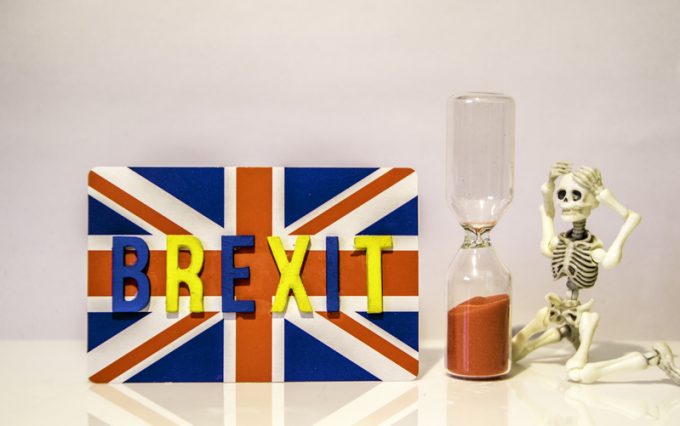GXO Wincanton deal could see supermarkets funded to invest in new 3PL
UK supermarkets could be given funding to invest in a 3PL as part of the ...

UK small and medium-sized supply chain businesses claim government indecision and negotiating failures have left them all at sea, as the country prepares for the end of the Brexit transition period.
All UK supply chain companies will be required to operate under new customs and border control procedures from 1 January, but if a trade deal with the EU is reached, some red tape can be cut.
But the lack of clarity over a potential deal has meant many SMEs have refrained ...
'Disastrous' DSV-Schenker merger would 'disrupt European haulage market'
New senior management for DSV as it readies for DB Schenker takeover
Volumes set to 'fall off a cliff' as US firms hit the brakes on sourcing and bookings
Asian exporters scramble for ships and boxes to beat 90-day tariff pause
Amazon pushes into LTL for small package fulfilment and UPS does a u-turn
Temporary tariff relief brings on early transpacific peak season
Pre-tariff rush of goods from US to China sees air rates soar, but not for long
Forwarders 'allowing the fox into the chicken run' by supporting 'hungry' carriers

Comment on this article